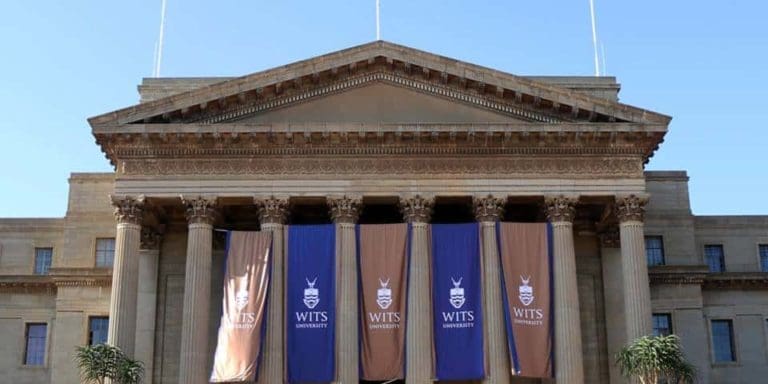Wits University has led a national consortium that secured R54 million funding from the Department of Science and Innovation (DSI) to co-ordinate a national quantum technologies initiative.
Following on a proposal written by the consortium led by Professor Andrew Forbes from the Wits School of Physics, the DSI committed the first tranche of funding up until March 2025 to set up the South African Quantum Technologies Initiative (SA QuTI).
It involves establishing quantum nodes at five centres – Wits University, the University of Zululand (UniZulu), Stellenbosch University, the University of Kwa-Zulu Natal (UKZN) and Cape Peninsula University of Technology (CPUT) – and eventually increasing the number of active centres across the country by finding and supporting new emerging quantum leaders.
“We managed to convince the government that quantum research is too important to leave to a small research group, and that they should invest in a national programme,” says Forbes.
Forbes co-drafted the national initiative document with inputs from all the national nodes, which was adopted by government last year. While South Africa is not the first country to adopt a quantum policy, Forbes believes this move put the country on the “quantum map”.
“It means we can drive the technology and get many quantum nodes up to scratch,” says Forbes, adding that the emphasis is on “quantum technology”, rather than “quantum science.
“The aim is to develop people who can do something with the science, so that we can be part of the quantum revolution and develop a quantum economy,” he says.
Wits University will manage the project, and administer and distribute the funding, while strengthening other research nodes with existing quantum projects, such as Stellenbosch University, the CPUT, UKZN and UniZulu. The aim will also be to start and support new nodes at other research institutions.
“The aim is to eventually have a well-established critical mass in the national quantum community and to work with government to draft new legislation, where it comes to quantum technologies.”
As an example, new legislation might be needed to govern the use of quantum computers to crack existing bank security codes. In a new quantum world, a bank would for instance not be able to say its systems are secure, if they are not “quantum secure”.
“The moment quantum computers can crack the code, current encryption systems are going to fail. You will need to have quantum security in place,” says Forbes.
The national quantum project will not be focussed on building quantum computer hardware, but will focus on writing software and building apps for quantum computers, as Forbes believes this is where South Africa can play a strategic role in the international quantum community.
“It is important to see this not as a physics initiative. We want to involve people with different skill sets, wherever they are so that we can build a vibrant quantum community and a viable quantum industry.”
The funding will have a special focus on human capital development, development of emerging leaders, access to quantum computers, and advocacy, as well as support for quantum communications and quantum sensing and metrology deployment through start-up entities.
